The Mediterranean diet has long boasted heart and weight loss benefits. But a new study published in JAMA now shows your bones can benefit, too!(1)
The Women’s Health Initiative (WHI) observational study focused on data from 40 clinical centers throughout the United States. Participants included 93,676 women aged 50 to 79 years.
The results of the study, which spanned more than 15 years, were amazing. Those who followed the Mediterranean Diet showed the least occurrence of hip fractures, 29% lower than average.
So, what is the Mediterranean Diet exactly?
It consists of veggies, fruits, nuts, beans, unrefined grains, olive oil and fish. This diet limits the amount of meat, dairy and saturated fat, but the good news is you can enjoy a glass of red wine at meals :).
We all need a little help following most diets, so here are 9 easy tips to help you benefit from this plan.
9 Tips to Follow the Mediterranean Diet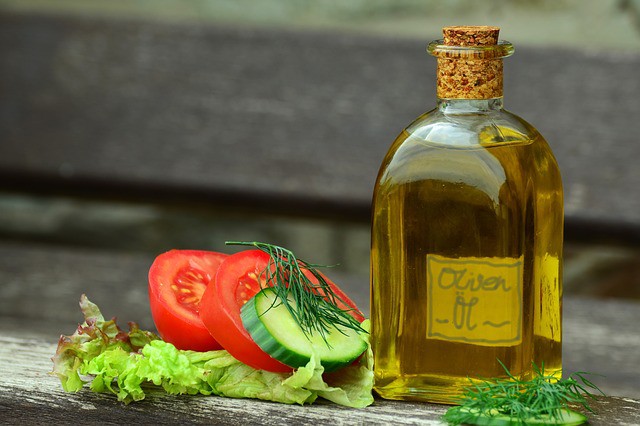
Tip 1: Replace margarine with healthy oils as often as possible.
Use olive oil as your primary fat for cooking and baking. A high-quality extra-virgin olive oil seasoned with balsamic vinegar is delicious for dipping bread and is a healthier alternative to margarine. Try plant-based oils, such as avocado or walnut oil, are also rich in heart-healthy monounsaturated and beneficial omega-3 fatty acids.
Tip 2: Switch up your proteins.
Swap out most of your red meat and get your protein from skinless chicken and turkey, fish, beans, nuts and other plants. Lower your saturated-fat intake. Make a few small changes to start. Aim to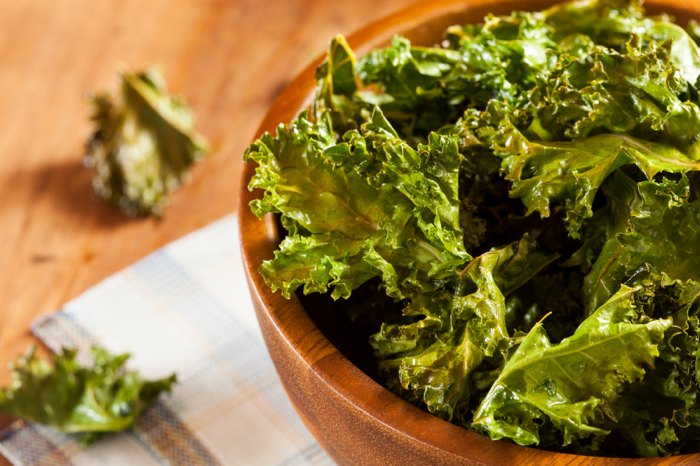 eat fish of any kind (except for fried, of course) twice a week. Fatty fish, such as salmon or tuna are especially good choices: they are rich in omega-3s, a type of polyunsaturated fat, linked with improved heart health.
eat fish of any kind (except for fried, of course) twice a week. Fatty fish, such as salmon or tuna are especially good choices: they are rich in omega-3s, a type of polyunsaturated fat, linked with improved heart health.
Tip 3: Eat veggies all day long.
Most of you may not eat enough veggies! Aim for 3 to 8 servings of vegetables a day. A serving size is 1/2 to 2 cups depending on the vegetable. Pick a variety of colors to get a range of antioxidants and vitamins. Big green salads are a great way to include several vegetable servings at once, so treat yourself to one every day.
Tip 4: Help yourself to whole-grain bread, pasta, rice and other grains.
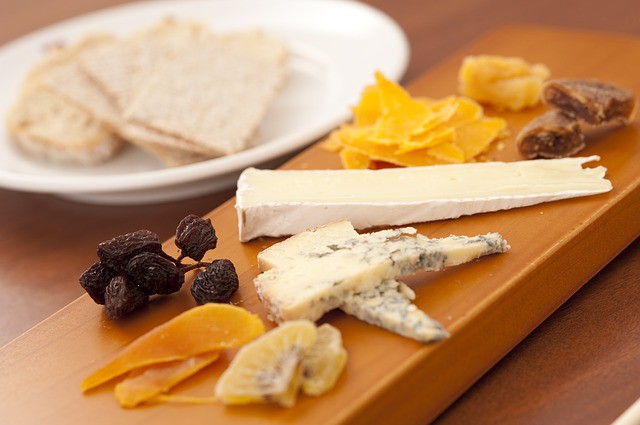 Experiment with “real” whole grains that are still in their “whole” form and haven’t been refined. Quinoa cooks up in just 20 minutes, and makes a great side dish for weeknight meals. Barley is full of fiber and it makes a great lunch soup (mixed with mushrooms.) A hot bowl of oatmeal is perfect for breakfast on a cold spring morning.
Experiment with “real” whole grains that are still in their “whole” form and haven’t been refined. Quinoa cooks up in just 20 minutes, and makes a great side dish for weeknight meals. Barley is full of fiber and it makes a great lunch soup (mixed with mushrooms.) A hot bowl of oatmeal is perfect for breakfast on a cold spring morning.
Tip 5: Snack on nuts, seeds or low-fat cheese or dairy instead of processed snack foods.
Snack on a handful of almonds, walnuts or sunflower seeds in place of chips, cookies or other processed snack foods, which are often loaded with sugars, saturated fat and trans fats. Add some low-fat cheese or low-fat / non-fat plain yogurt with fresh fruit to your snack menu.
Tip 6: Enjoy fruit for dessert.
Generally a good source of fiber, vitamin C and antioxidants, fresh fruit is a healthy way to indulge your sweet tooth. Keep fresh fruit visible at home and keep a piece or two at work so you have a healthy snack when your stomach starts growling.
Tip 7: If you drink, set a limit of no more than a glass or two with a meal.
Research indicates that people who drink moderately are less likely to have heart disease than those who abstain.(2) Alcohol appears to raise “good” HDL cholesterol. Wine – a good Italian, Spanish or Greek wine from the Mediterranean – help to “thin” the blood (making it less prone to clotting) and also contains antioxidants that prevent your arteries from taking up LDL cholesterol, a process that can lead to plaque buildup. Remember, “1 drink” equals 12 ounces of beer, 5 ounces of wine or 1-½ ounces of liquor.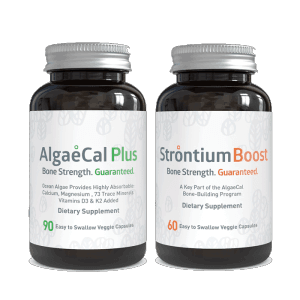
Tip 8: Set aside enough time to savor every bite.
Eat like a Mediterranean! There, eating is a lifestyle. Instead of gobbling your meal in front of the TV, slow down and sit down at the table with your family and friends to savor what your meal. Enjoy the company and your food, eat slowly to tune in to your body’s hunger and fullness signals.
Tip 9: Add AlgaeCal Plus and Strontium Boost to your life.
We highly recommend you add these clinically supported bone strengthening supplements to your daily routine. Plant-based, 100% organic calcium gives you that extra boost to increase bone density and reduce your chances of bone fractures. And natural strontium is a mineral also found in your bones – making them a powerful bone health combo.
Sources:
- JAMA Intern Med. published online March 28, 2016.
- http://pubs.niaaa.nih.gov/publications/arh25-4/255-261.htm
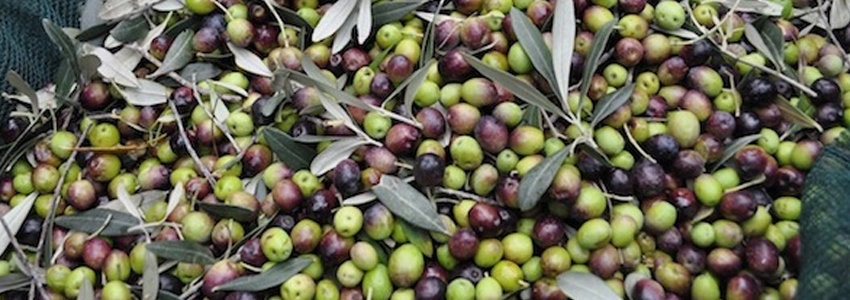




Article Comments